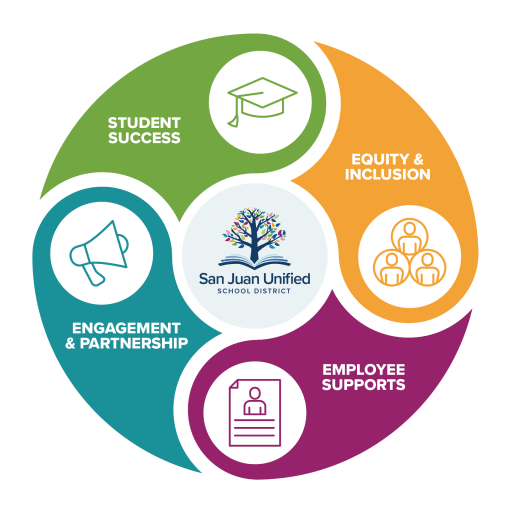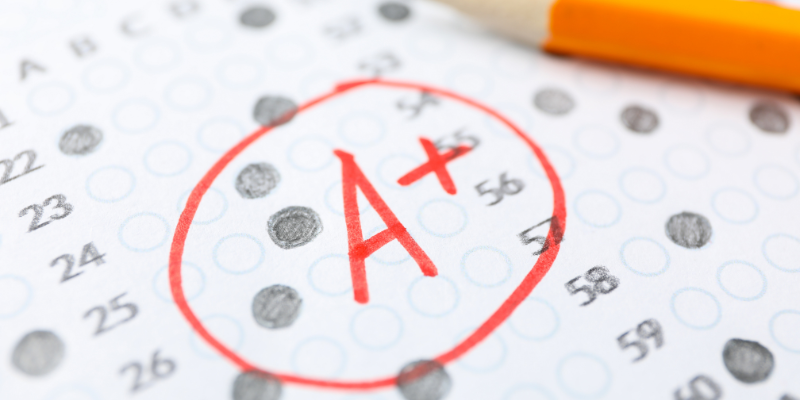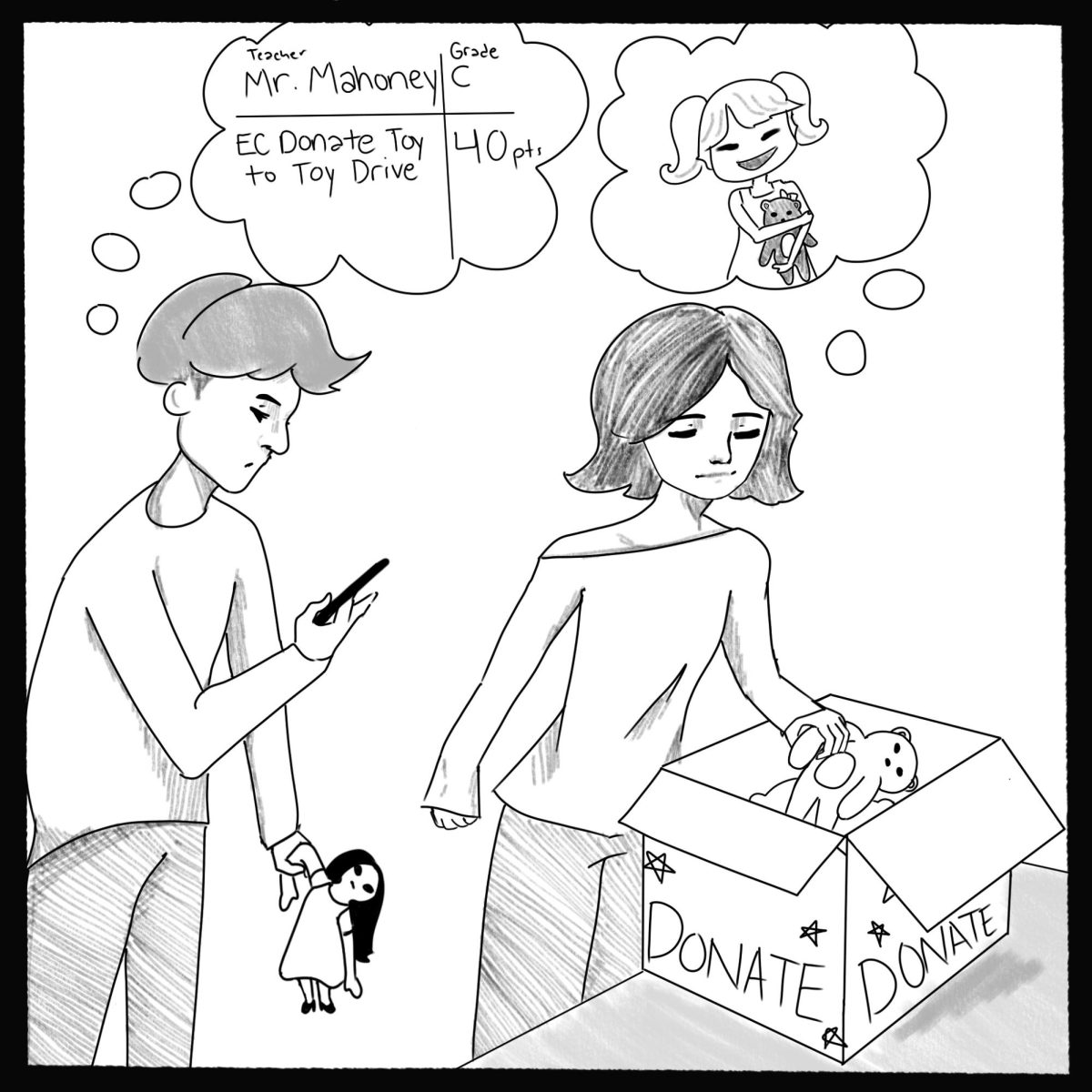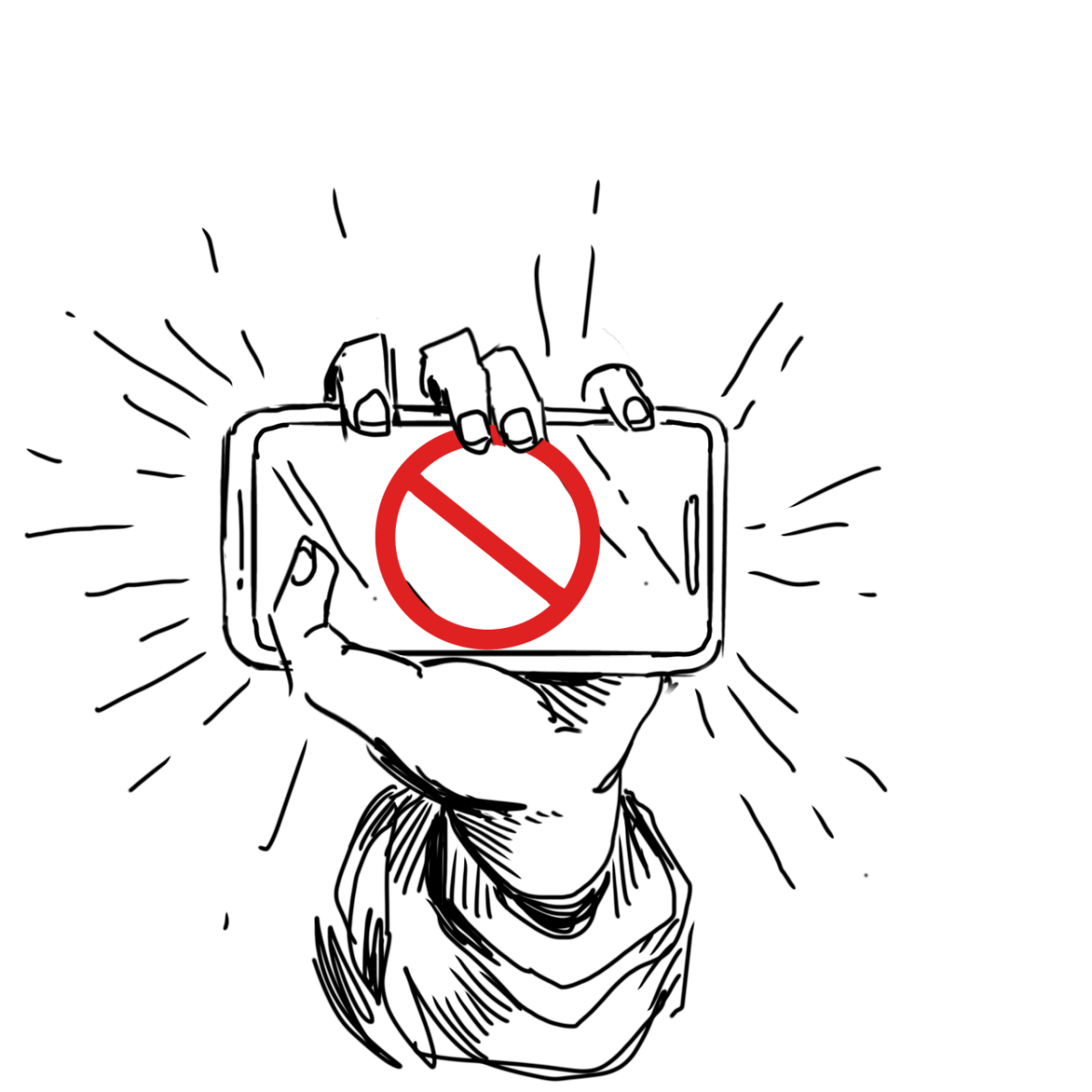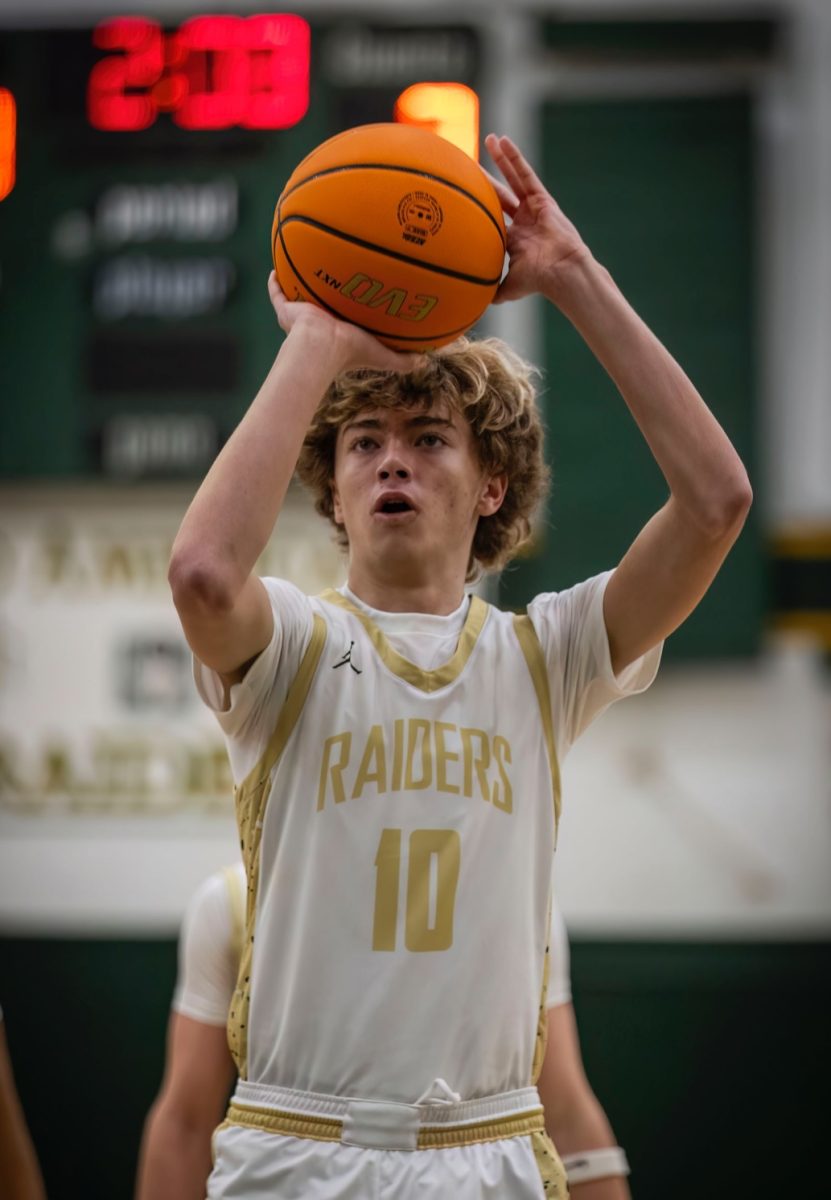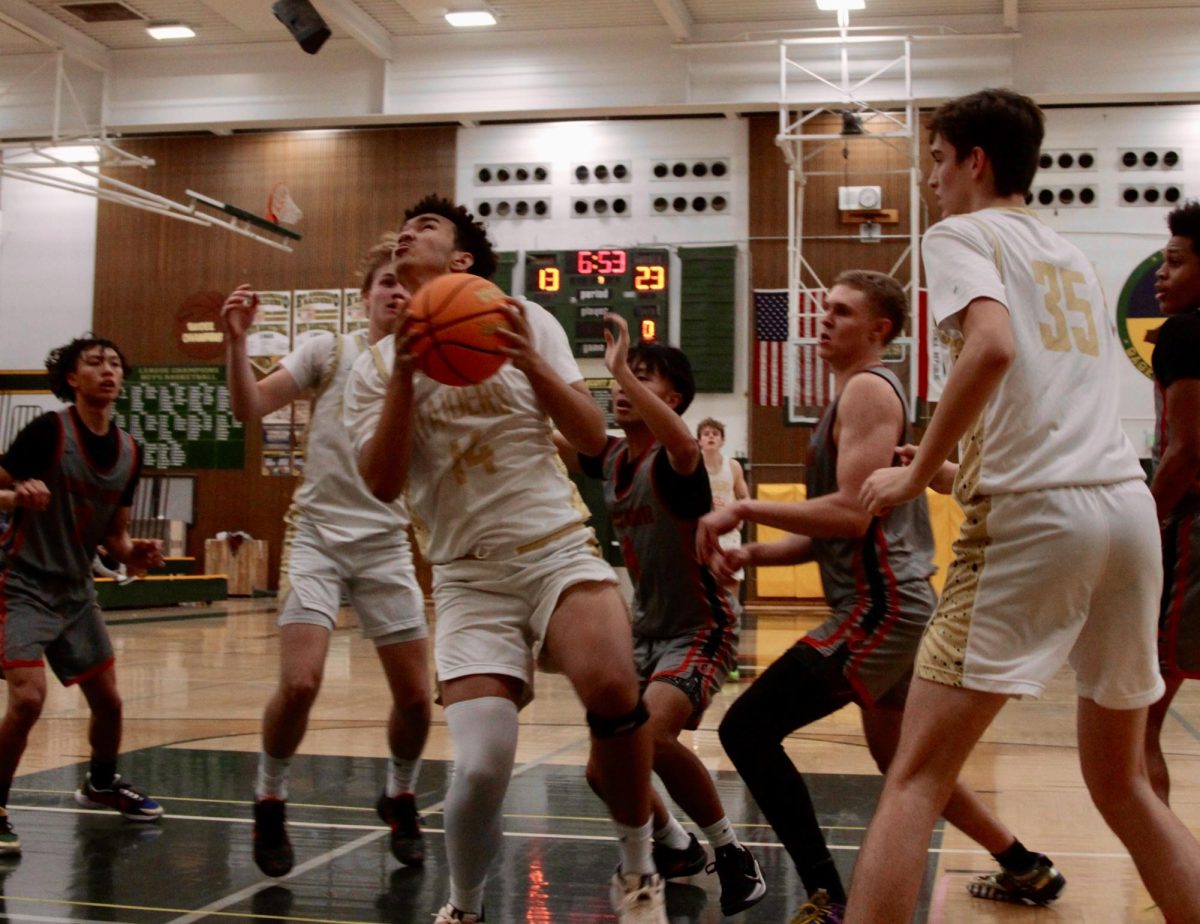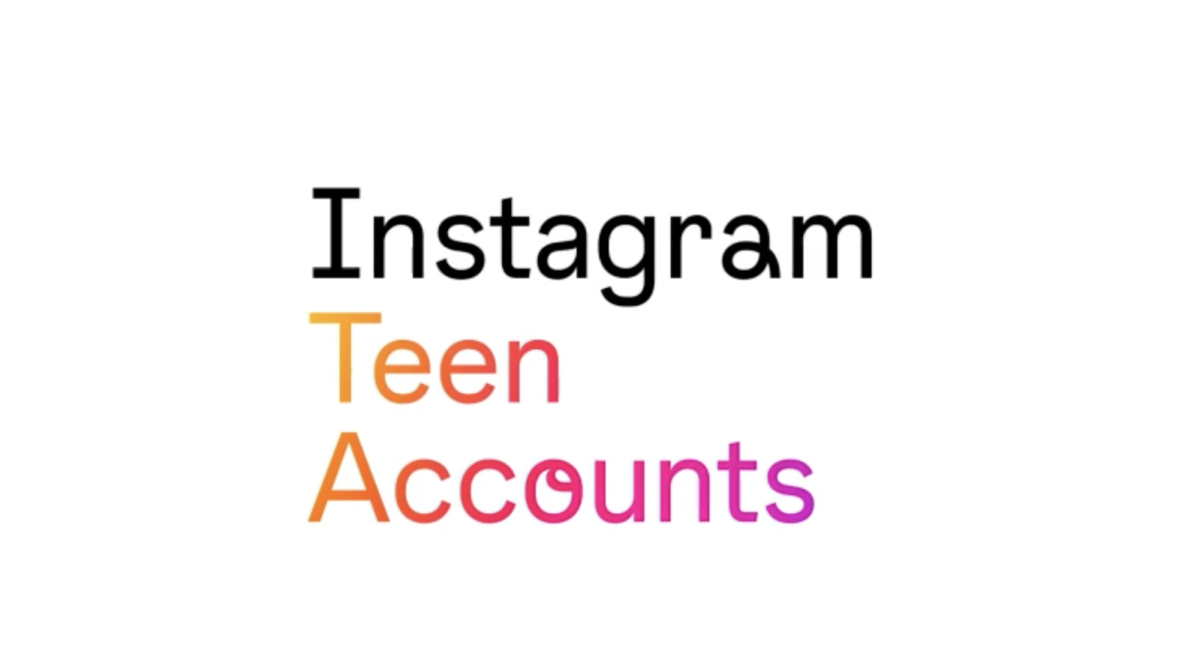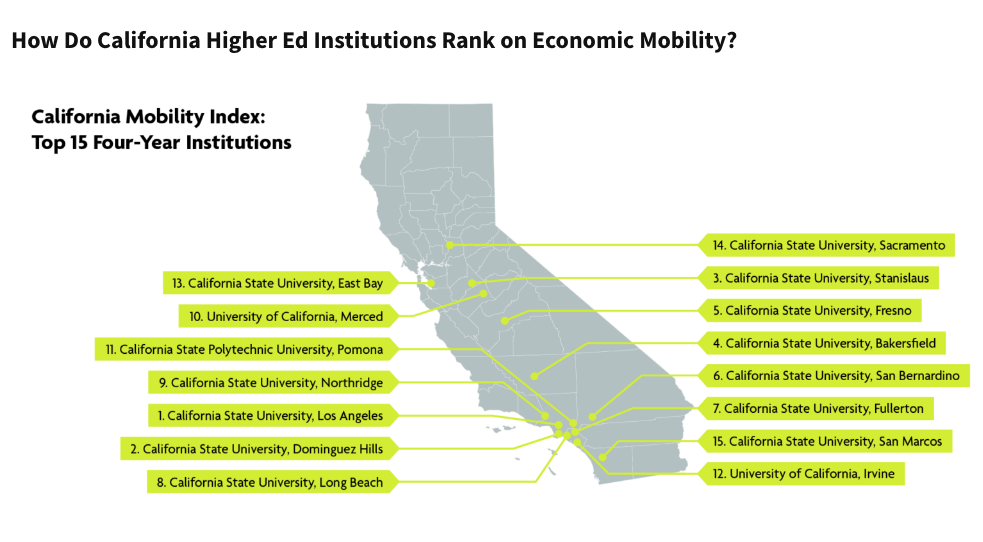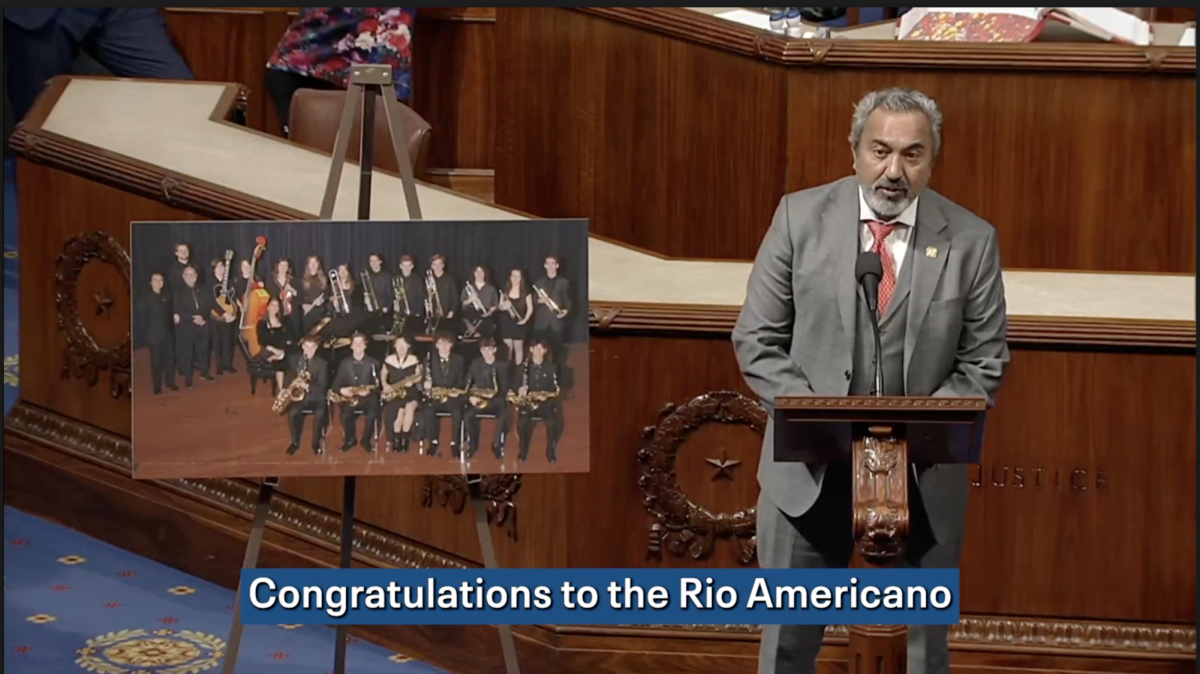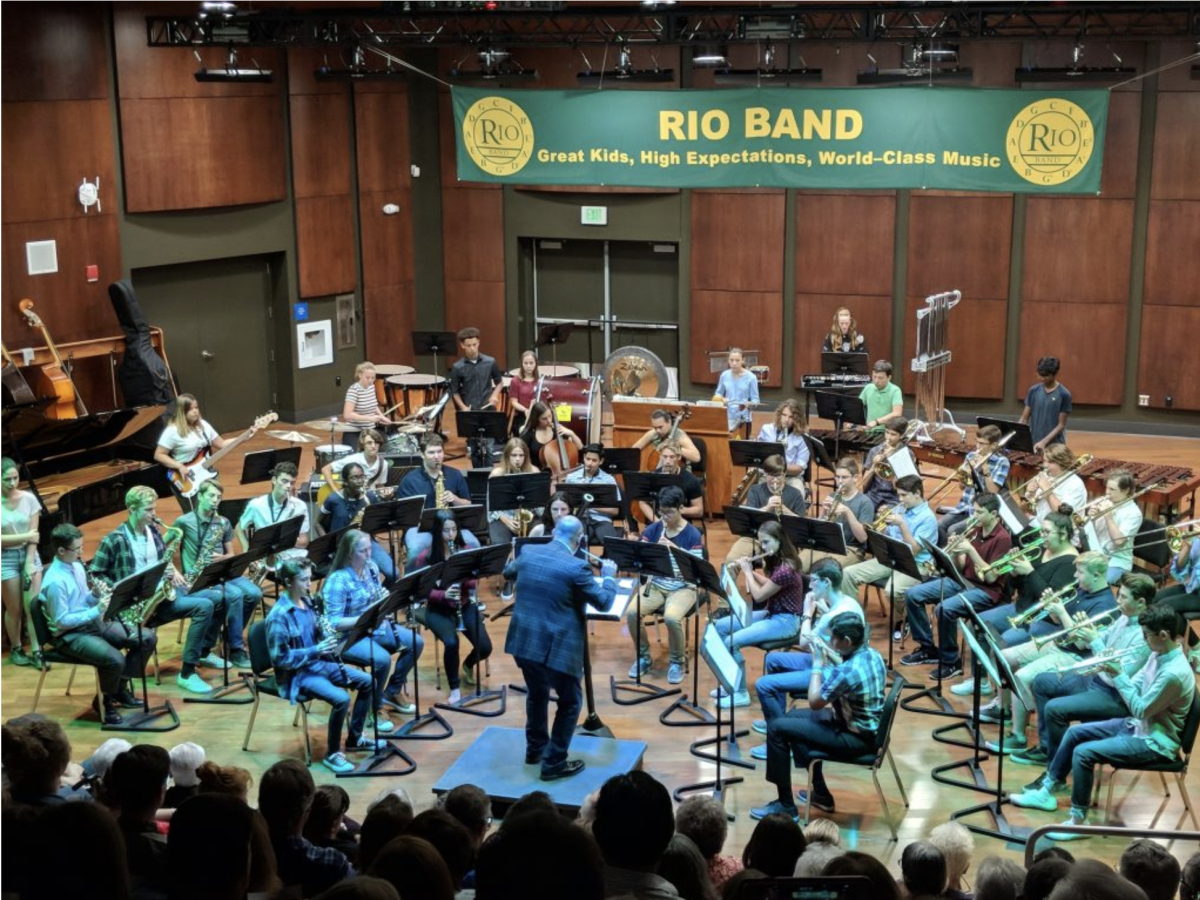Meta, Instagram’s parent company, on Tuesday introduced a broad set of changes coming to teen accounts in the next several months, saying the new restrictions on account holders under 18 are designed to address concerns about child safety on social media.
Meta’s changes
Teen accounts will automatically shift to private mode, meaning those users will have to approve new followers. The direct messaging feature will see additional restrictions, only allowing teenagers to contact their followers.
The strictest sensitive content controls are set to be automatically enabled for users under 18, and Instagram will suspend notifications between 10 PM and 7 AM for those users.
Although a limited parental supervision setting was available before, the new changes will give parents increased control over teen accounts, allowing them to adjust settings, dictate app time limits and block overnight use by teens.
Account holders who are 16 and 17 will still be able to change their own settings, but parents can connect their adult accounts to older teens’ accounts, too.
Meta is developing a system to prevent current teen account holders from changing their birthday in Instagram’s settings, the company said.
The announcement comes amid intense government scrutiny of social media platforms and anticipated federal action against social media companies regarding minors’ use.
Earlier this week, TikTok, the popular social media platform owned by Chinese-company ByteDance, made its case in a federal appeals court ahead of a new law that will ban it from U.S. app stores in January if it is not sold to an American company.
Rio students weigh in
Rio students were generally supportive of some restrictions on teenagers’ Instagram activity, but saw others as unnecessary or too extreme. In particular, many students objected to parents’ new ability to monitor who users under 16 are messaging.
In a survey of over 90 Rio students conducted after Meta’s new actions were announced, 81% said the changes were either a good idea or a somewhat good idea.
“I think that making all accounts under 18 private is a good idea and that having stricter content controls is good because there is some pretty questionable content on Instagram,” senior Dylan Zarate said. “I appreciate that 16-17-year-olds are able to opt out but I think parents being able to view who the child is messaging is a little much because it probably also means that they can see what they are saying.”
Teachers also expressed support for the new policies.
“This seems controversial but necessary,” history teacher Katina Bostanzoglou said. “I imagine that many younger users will not like these changes but digital social media sites are still so unregulated and so new that we don’t know their true effects yet. I am glad there will be restrictions for when my own children start to use it one day.”
But some students said they felt the changes went too far and that users would easily find loopholes.
“I understand the concept of trying to keep your kids safe, but it’s a little over the top,” senior Sophia Guillen said. “Although these new restrictions might be effective at first, kids will eventually figure out they can simply lie about their age.”
Others, like senior Mena Sulakhi, suggested the age restrictions be lowered so that the new rules only apply to users 14 and under.
Meta said they would monitor the rollout of the changes and make adjustments as necessary.
“I feel that they are taking the right steps to protect our youth on social media,” senior Morgan Priest said. “Some may think it is over the top but you can make edits as time goes on.”
The survey also found that 91% of Rio students have an active Instagram account, while 78% use it every day.
Notably, many Rio students acknowledged the problems associated with social media, with 42% saying they feel social media has a “mostly negative” effect on teenagers.
Talking heads: What do you think about the Instagram teen account changes?
“This is a smart rule because so many of the problems with social media are because of apps not being regulated to prevent cyberbullying, predators, (and) scammers. These new stricter regulations could improve the negative mental health issues that are caused from social media apps.” – Kat Ferry-Zamora, 12
“If our parents don’t trust us, we shouldn’t even have the app. It’s a plus since it makes that app somewhat safer but it’s a little unnecessary since I could see there being ways kids will bypass these rules.” – Logan Waters, 11
“This will make teens more unaware of what the real world is like. If you need to be protected online, how are you going to protect yourself in real life?” – Eli Payvandi, 10
“With the new tools, it’s safe to say that kids will most likely be safe on Instagram and their parents won’t need to worry.” – Ily Quicho Mathiesen, 9



